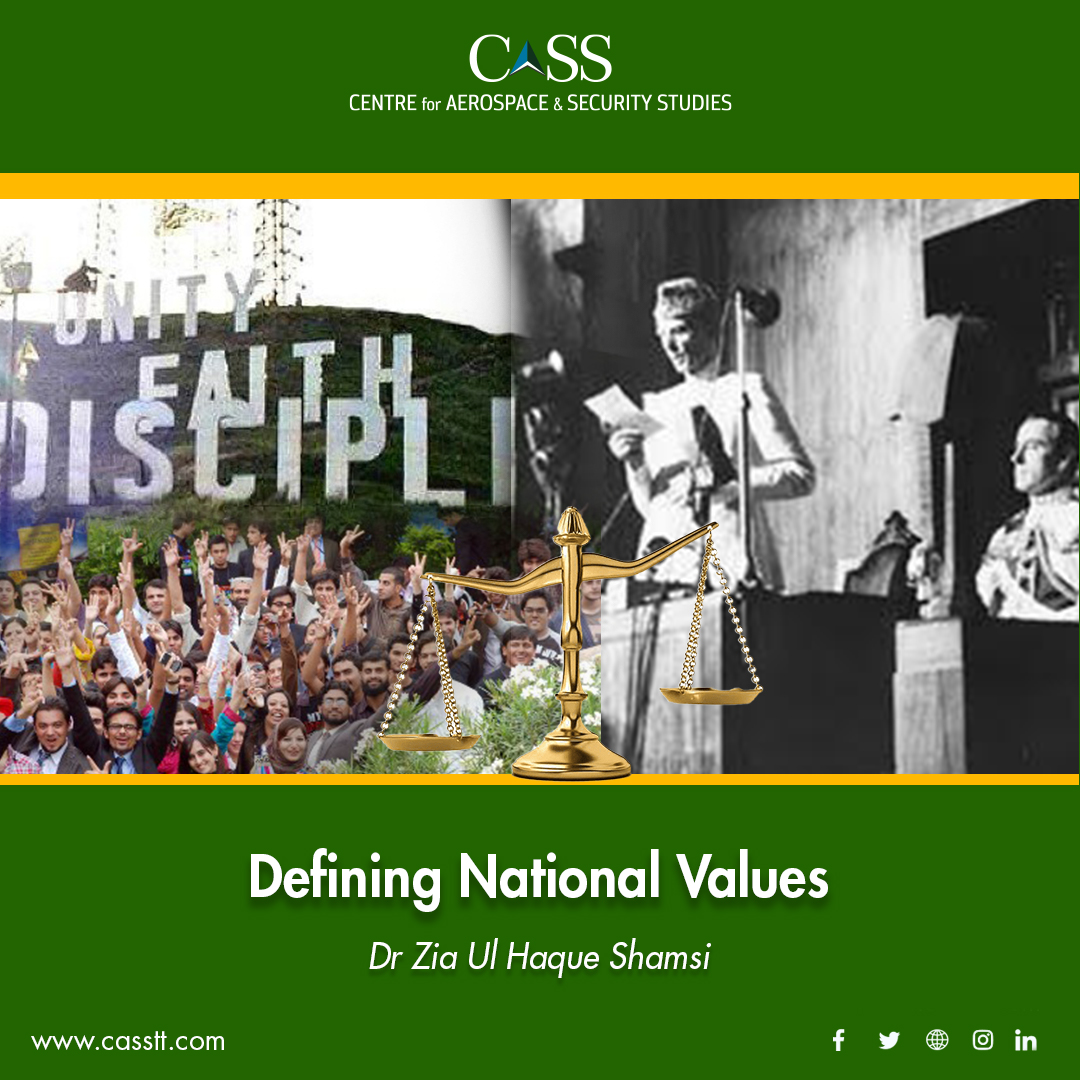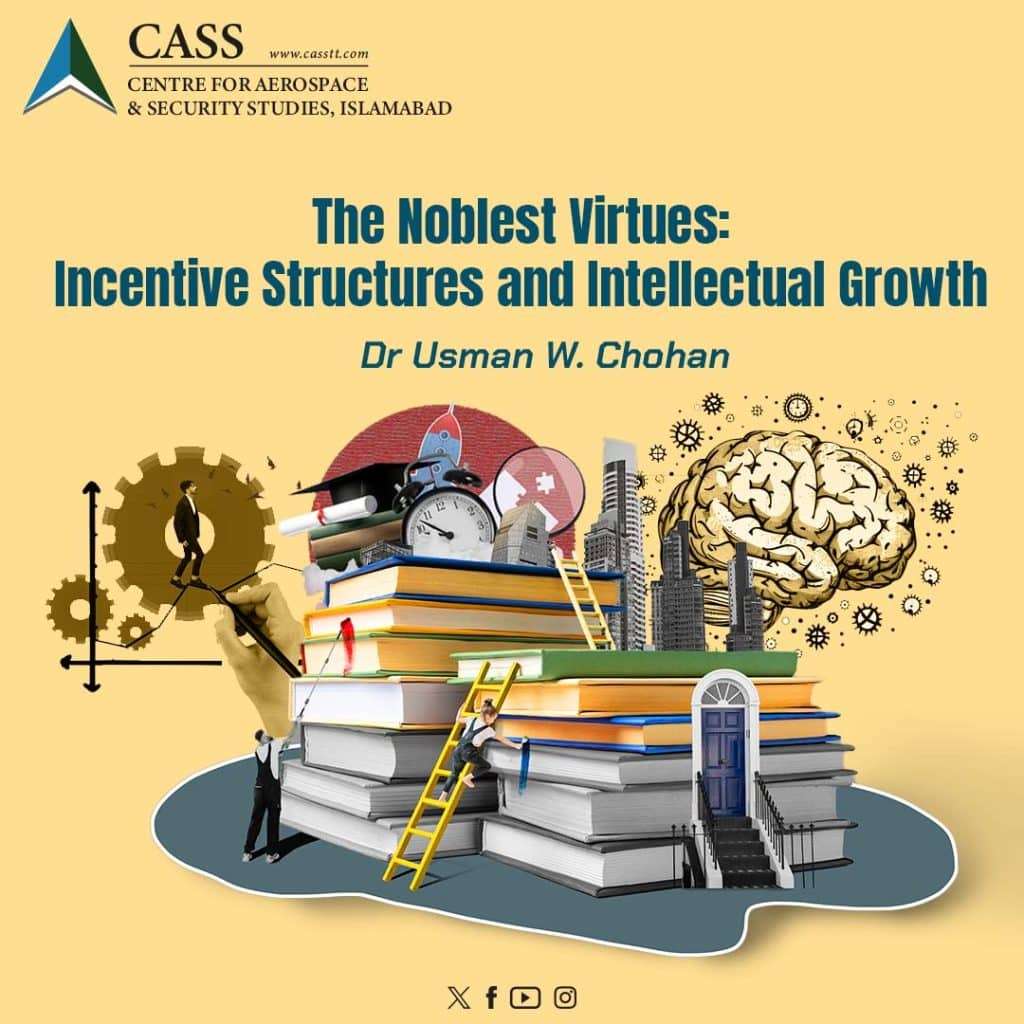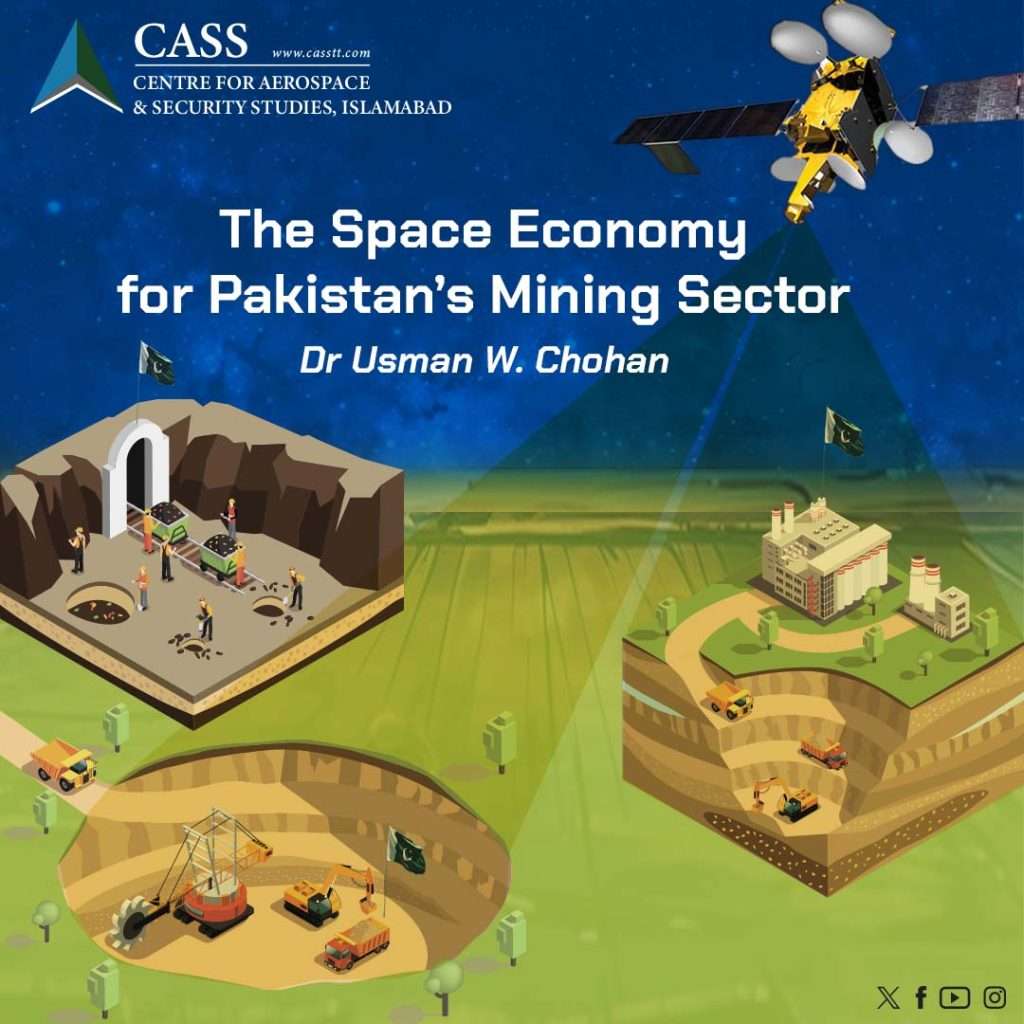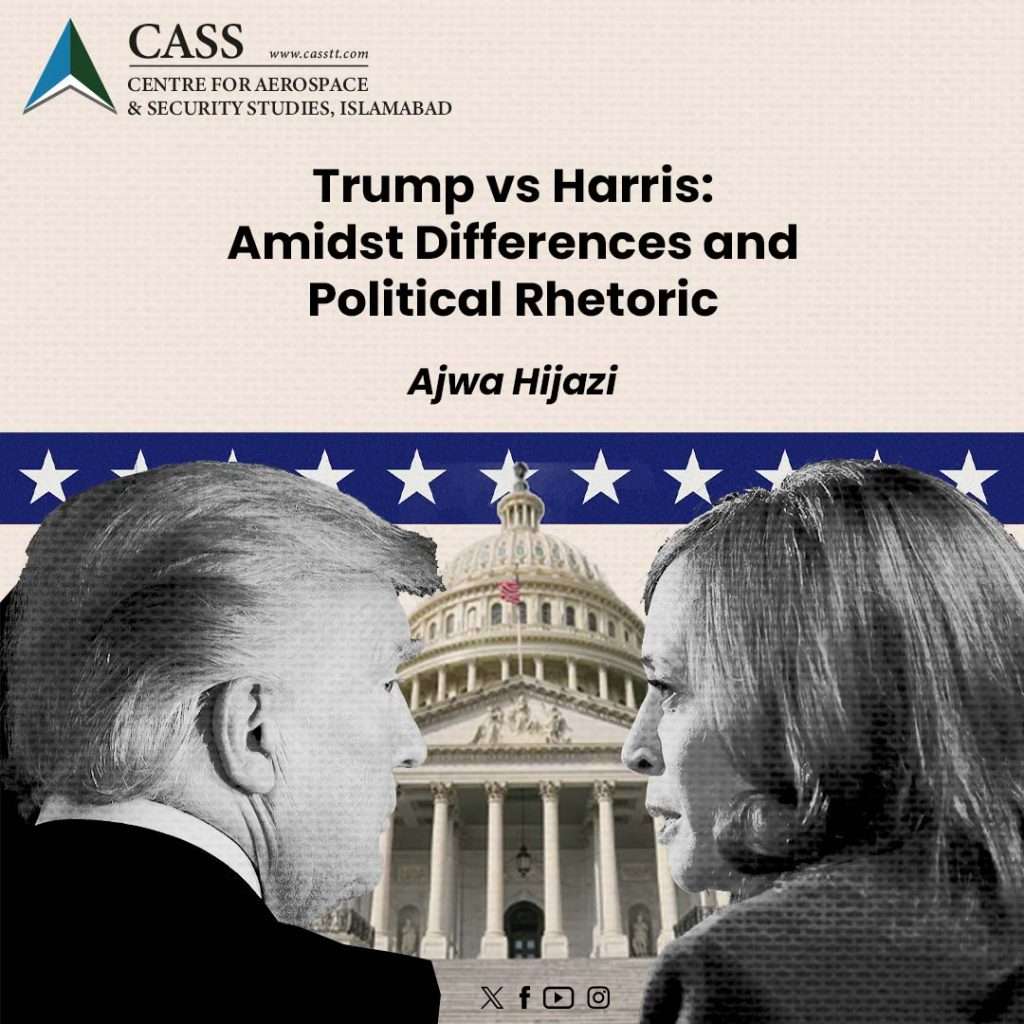Pakistan is at 75 now, with a population of 220 million people growing at a rate of two per cent. The country has nuclear capability, alongside strong conventional armed forces to defend its territorial integrity and sovereignty. However, society has not grown with the age of the state in accordance with the vision of our founding father Quaid-i-Azam Mohammad Ali Jinnah.
Pakistan got independence from British India on August 14, 1947, as the largest Muslim state in the world. Jinnah defined the core values for the newly independent state as – Unity, Faith, and Discipline. Each of these values had a specific purpose and a message for the people of Pakistan. Unity was kept on top, primarily because Pakistan was ethnically diverse and needed to join hands to consolidate the new state. Faith was meant to remind the populace that this country had come into being as a result of the Two-Nation Theory with a specific purpose – a separate state for the Muslims of the subcontinent. Jinnah purposefully included Discipline among the core national values so that people work together for sustained development of the newly independent country which did not even have its due share of assets at the time of Partition. Jinnah knew that Pakistan could survive only if its people were united and disciplined and worked hard for its development right from the beginning.
Unfortunately, Jinnah did not live for long enough to put Pakistan on the path he had envisioned. Likewise, some other leaders who were with Jinnah during the struggle for independence also departed before they could see Pakistan growing to its true potential. However, in spite of great challenges in the domain of economy, security, immigrant settlement, and water distribution, Pakistan still did well in the initial years of its existence.
Coming back to the national core values, one might argue that these values are well known to the nation and the real issue lies in their implementation. Well, what I will argue is that values cannot be implemented by force. These are collectively adopted by the people when they are convinced about them. National values are reflective of a nation’s beliefs, practices, culture, and religious leanings. An individual cannot be forced to become patriotic or tolerant but may be motivated. When certain values are adopted by a nation, the government, media, civil society, and educational institutions need to inculcate those core values through concerted motivational campaigns. The people will also adopt any value only if they see the leadership and ruling elite also practising the same.
Let me give examples of Western nations. Life, liberty, democracy etc. are the most common values adopted and practised in the developed world. However, when any of these states tried to implement these by force in the developing countries, it did not work, because values cannot be exported. These are developed indigenously based on beliefs, norms, practices, and environmental evolution over a period of time.
Coming back to Pakistan, which is only 75 years old, it still has time to evolve as a cohesive society. The majority of the population is young, dynamic, emotional, and extremely industrious. However, it needs to be motivated, guided, and lead by example. While Unity, Faith, and Discipline would remain the cardinal principles for the nation, it is time we add a few more aspects to recover from the deteriorating state of our society.
The best way would be to look toward the fundamental teachings of Islam because 97 per cent of the population is Muslims. I would suggest that we adopt these golden principles of Islam as our national values: Tolerance, Equality, and Social Justice.
Over the decades, particularly since the first Afghan War in 1979, our society has been polarised due to the import of extreme ideas; both on religious grounds, as well as along political dimensions. Extremism has been very damaging to Pakistani society, and it is important that tolerance is inspired among our populace, particularly the youth.
Equality is desperately needed in Pakistani society due to the increasing gap between the rich and poor. Rising inequalities are fuelling frustration, uncertainty, and emotional imbalances among the people of Pakistan.
Without social justice, society cannot survive. Historically, nations were wiped out from the face of the earth where the ruling elite did not do justice to the marginalised and downtrodden and had different standards of law for the rich and the poor.
Non-adherence to the fundamental values that are professed and practised by all religions is one of the most pressing causes of societal degeneration in Pakistan. The defined national values must be inculcated in our people through personal examples, motivational campaigns on media, academic institutions, think tanks, civil society, and law enforcement, if required.
Dr Zia Ul Haque Shamsi is the author of ‘Nuclear Deterrence and Conflict Management between India and Pakistan’ and ‘South Asia Needs Hybrid Peace.’ He is presently working as Director (Peace and Conflict Studies) at the Centre for Aerospace & Security Studies (CASS), Islamabad, Pakistan. The article was first published in Daily Times. He can be contacted at: cass.thinkers@gmail.com





